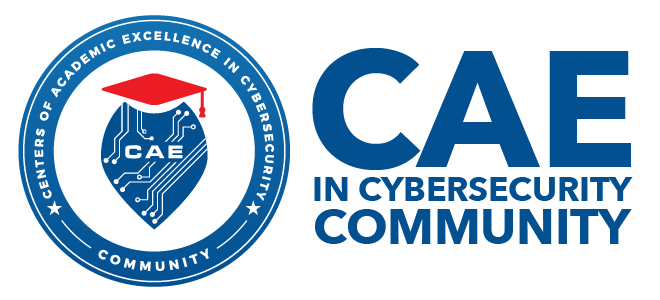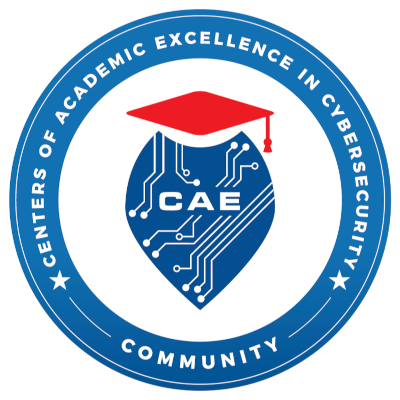Building and Maintaining K-12 Pathways
This Lightning Talk will discuss how the Information Technology department at Johnson County Community College (JCCC) developed and maintains a K-12 pathway with a large local district, Blue Valley Schools. Now in its second year, the pathway provides students the opportunity to complete the JCCC Cybersecurity Certificate program tuition-free alongside their high school education. Successful students will receive both their diploma and the Cybersecurity Certificate upon graduation from high school.

